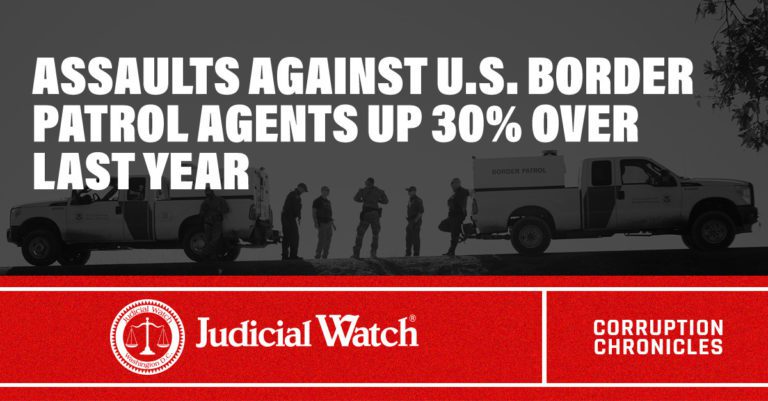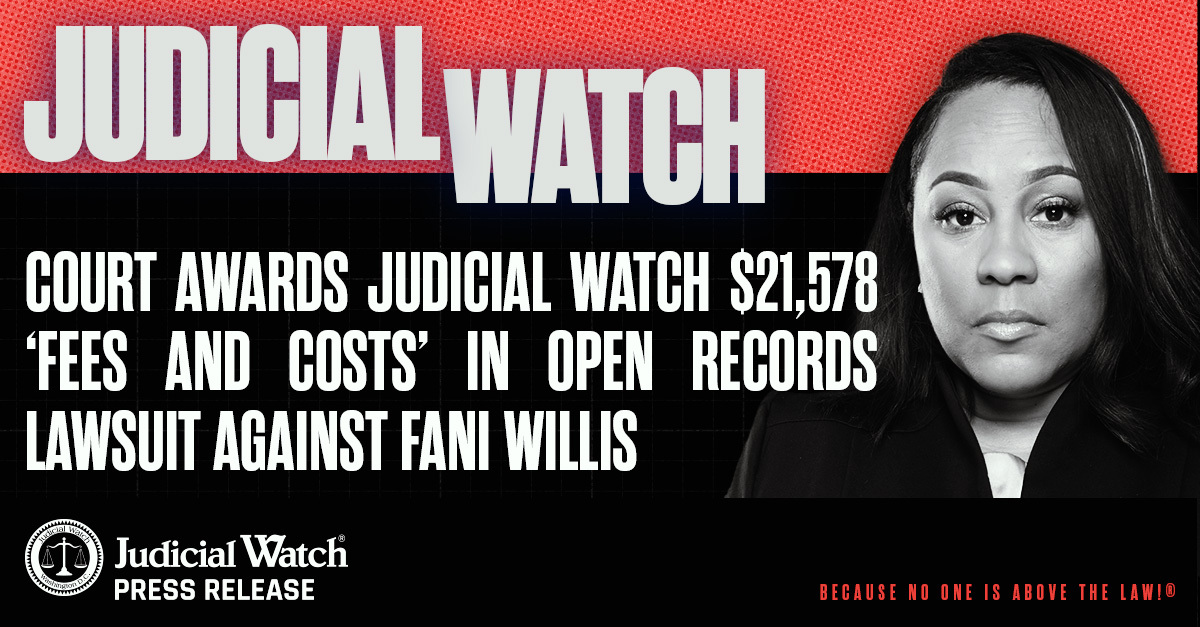

Assaults Against U.S. Border Patrol Agents Up 30% Over Last Year


It may be hard to imagine, but the situation along the Mexican border appears to be worsening. Just months after government figures disclosed unprecedented criminal activity, a distressing escalation in drug smuggling and brazen attacks against federal agents, the U.S. Border Patrol reveals an alarming 30% increase in assaults against officers in the first five months of fiscal year 2022, which started in October. Back in mid-August, Customs and Border Protection (CBP), the frontline Homeland Security agency charged with keeping terrorists and their weapons out of the U.S., confirmed that organized Transnational Criminal Organizations (TCOs) are behind the movement, and they are a serious threat to national security and public safety.
The latest CPB stats show that agents are increasingly encountering violence on the job and a growing number are coming under attack. So far, this fiscal year the agency has recorded 194 agent assaults compared to 149 during the same period in 2021. In the majority of cases, federal agents were physically attacked by another person. The rest of the incidents mostly involved rock-throwing and vehicular assault. In some of the attacks the perpetrators used guns or knives, according to the agency. After a recent case near the border wall in Santa Teresa, New Mexico, the sector’s chief, Gloria Chavez, posted this on social media: “USBP Agents face threats every day on the border. Transnational criminal organizations conduct counter-surveillance on our border operations daily. Watch your 6, USBP!” The phrase, used by military and law enforcement to say “watch your back,” originated with World War I pilots who referred to the back of planes as the six o’clock position.
Last year 618 customs and border officers were assaulted, according to CBP, which began publicizing specific examples of the more serious attacks later in the year. Among them were several Border Patrol agents who came under gunfire in Texas and California. The agency described the assailants as TCOs, which “are heavily involved in smuggling people, including terrorists, criminals and trafficking victims, as well as weapons, cash, and drugs through sophisticated criminal networks.” All those months ago, CBP confirmed that federal agents are increasingly getting attacked and that life-threatening confrontations are on the rise for agents working to secure America’s borders. “In many cases, agents find themselves in remote locations where they are significantly outnumbered and do not have immediate backup,” CBP wrote in the statement released last August. Even at Border Patrol checkpoints, smugglers are more brazen than ever. Earlier this year a Mexican national trying to smuggle 10 illegal immigrants was sentenced to prison for intentionally sideswiping and ramming multiple vehicles in 2021, injuring several Border Patrol agents.
Though it appears to be at record highs, violence along the porous southern border is hardly new and overwhelmed federal agents have long risked their lives with weak support from the government. Under some administrations their hands were essentially tied to appease the left. For example, when Mexican drug-cartel violence was at the time at an unprecedented high, the Obama Department of Homeland Security (DHS) ordered federal agents on the frontline to “run away” and “hide” when encountering a shooter. DHS was headed by Janet Napolitano who famously said the Mexican border “is as secure as it has ever been” and that violence in the area is merely a mistaken “perception.” During Napolitano’s delusional proclamation, the situation was already so dire in Texas that officials created a website to track Mexican drug-cartel violence that transformed chunks of the southern border into a war zone. The Texas Department of Agriculture started the website to keep farmers and residents informed about the growing danger created by Mexican drug cartels illegally crossing into the state. Cartels were invading Texas farms and ranches, threatening citizens’ lives and jeopardizing the nation’s food supply at an “increasingly alarming rate,” then Texas Agriculture Commissioner Todd Staples said, adding that Washington was ignoring the crisis. That was more than a decade ago. The problem has only gotten worse.















